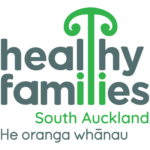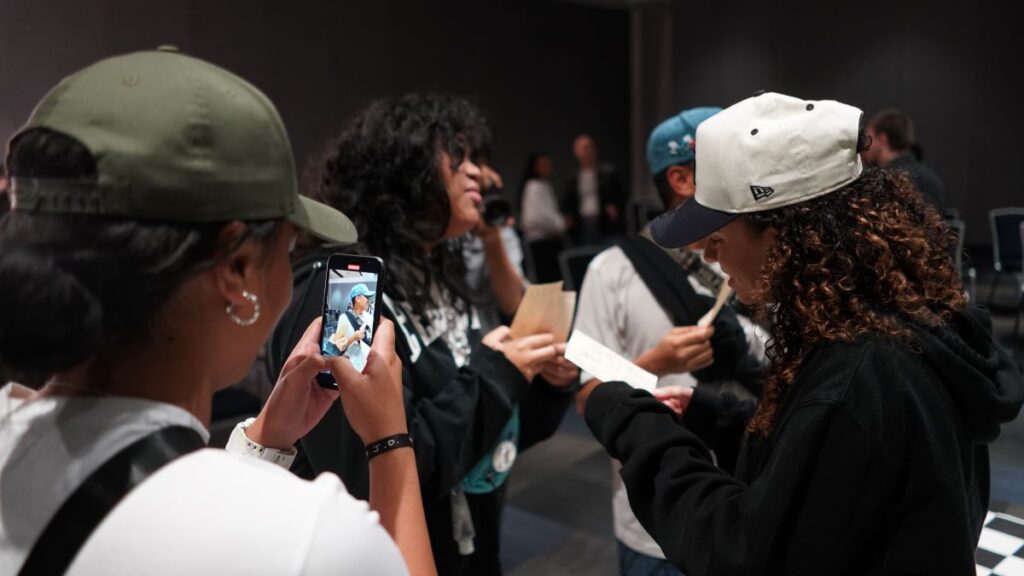
“Surface level can only go so far…the youth services that are provided can only go so far… I don’t think it can go deeper,” – Young Pasifika person*
Insights gathered from young Pasifika and Māori people in South Auckland reveals a need for effective services and programmes that specialise in prioritising mental wellbeing. This is necessary in order to prevent escalation to more acute mental health issues.
The Youth Mental Health and Wellbeing team at Healthy Families South Auckland have heard local youth call out for an alternative system that prioritises mental wellbeing.
“This will require service providers coming to the table with local youth to look at what the ideal prevention system would look like for our rangatahi,” says Pita Alatini, Lead Systems Innovator.
“It’s essential to engage with our young people in South Auckland to better understand their mental health needs and co-design mental health and wellbeing services that are tailored to their unique cultural contexts and experiences.”
“I told my Dad that I wanted to study but my Dad told me that he wants me to work and that if I wanna study, that I had to go live somewhere else…like when I’m upset, there are no boundaries to what comes out of my mouth but I’ve learnt from it. So yeah that was probably one of the hardest days for me cause I pretty much got disowned that day.” – Young Pasifika Female
It is important to acknowledge the impact of such experiences on mental health and wellbeing and for those impacted to seek appropriate support from friends, family, or professionals to cope with these challenges. According to the Ministry of Health’s Annual Data Explorer for 2019/2020, while there were approximately 169,000 people who accessed specialist mental health and addiction services in New Zealand during that period, Māori and Pasifika people were less likely to access mental health services compared to European and other ethnicities.
Youthline 2020 identified the main barriers to Māori and Pasifika youth seeking help as embarrassed (67%), judgement from others (64%), and not wanting to talk about problems (59%), and if they felt the support, if they could find any, lacked confidentiality, caring, and cultural responsiveness or acceptability then they were unlikely to access.
Pasifika and Māori people have higher rates of mental distress, substance abuse (NZ Health Survey 2020) and suicide attempts (Ministry of Health, Suicide Facts 2020) with more severe and complex needs compared to the general population. Factors such as discrimination, intergenerational trauma, cultural dislocation, and socio-economic disadvantage contribute to these disparities.
“Um… hard to open up… I find a lot of PI people we don’t like to open up to families and…our friends because it makes us feel weak…yeah…and then it just makes us… feel like “oh we can’t do anything” – Young Māori and Pasifika Female
Wayne Hussey, registered Mental Health Nurse and Mental Health Coordinator at The Cause Collective (TCC), says in terms of nurture, care and the building of resilience, prevention should begin at preschool and primary school level.
“Once children are in the preadolescent phase their persona and course in life is often already set,” says Hussey, who has been working in the field for over 45 years.
“Simple mindfulness skills training and recognising the part of self responsibility, and building resilience in maturing would go a long way to establishing health thinking with many young people. However in terms of developing services for youth, we have seen there is a huge unmet need here in South Auckland.”
“Yeah the youth programmes that used to run in Otara, it was every Friday, it still runs today. It was so full of leaders and older people supporting us and giving us advice and then they started going off. It wasn’t what it was before… it started getting weaker and weaker…and yeah it’s just hard, like it’s good but I just think people come and go. -Young Pasifika male
“We need things that are accessible and relatable to young Pasifika and Māori people in South Auckland,” says Fazmina Mohammed, a registered Mental Health Nurse, who is the Mental Health Programme Manager at TCC.
Hussey and Mohammed both agree that new access points for young people to services would be beneficial to their mental wellbeing and aid in the prevention of mental health issues.
Hussey points out that current services are directed at people who have identifiable mental health needs, not about preventative measures.
“I think loneliness affects my mental health, my sleeping patterns are bad…I don’t even have a sleeping schedule. That’s why I get into those addictions like clubbing, drinking…I feel empty after- sometimes I feel suicidal. Sometimes I wonder what’s the point of being alive, sometimes I feel so lonely I forget how precious life is.” – Young Pasifika male
“When it comes to mental health, especially mental wellbeing, the services are very lacking and there is a huge barrier when it comes to services for those in high school ,” says Mohammed.
“You really have to go hunting for suitable services, and if we’re health professionals already hunting for our patients, how are these young people supposed to know where to go? We don’t know where to go, we don’t know where to send them and so the youth don’t come.”
According to the Mental Health and Wellbeing Commission’s Te Rau Tira Wellbeing Outcomes Report 2021 services and appropriate support can be hard to access for those
communities that need help most. Sixty-eight percent of young people surveyed felt they received the support they needed when facing a difficult time, but nearly a third did not (32%), and Māori and Pacific youth were less likely to have a support network at all.
The lack of prevention services available for Pasifika and Māori people in South Auckland, despite the higher rates of mental illness in these communities, is concerning and all but highlights systemic inequities in the provision of mental health and wellbeing services.
It is crucial to invest in preventive measures that address the root causes of these issues and promote mental wellbeing among young Māori and Pasifika people.
“I’ve had friends open up to me, but I know it was hard for them, because I’ve had friends come to me suicidal…and that’s even hard for me to face because I’m like what do I say to them what do I even do yeah…then if they do something is it my fault or yeah so…blaming myself if something happened, but I know it’s really hard for Pasifika Islanders to open up.” – Young Pasifika female.
* Names of young Pasifika people have been redacted to protect the identity of the young persons quoted.
If you or anyone you know are struggling with your mental health and wellbeing and need to talk to someone you can free call or text 1737 any time to speak to a trained counsellor, for any reason.
Also available:
Lifeline: 0800 543 354 or text HELP to 4357
Suicide Crisis Helpline: 0508 828 865 / 0508 TAUTOKO (24/7). This is a service for people who may be thinking about suicide, or those who are concerned about family or friends.
Depression Helpline: 0800 111 757 (24/7) or text 4202
Samaritans: 0800 726 666 (24/7)
Youthline: 0800 376 633 (24/7) or free text 234 (8am-12am), or email talk@youthline.co.nz
What’s Up: online chat (3pm-10pm) or 0800 WHATSUP / 0800 9428 787 helpline (12pm-10pm weekdays, 3pm-11pm weekends)
Kidsline (ages 5-18): 0800 543 754 (24/7)
